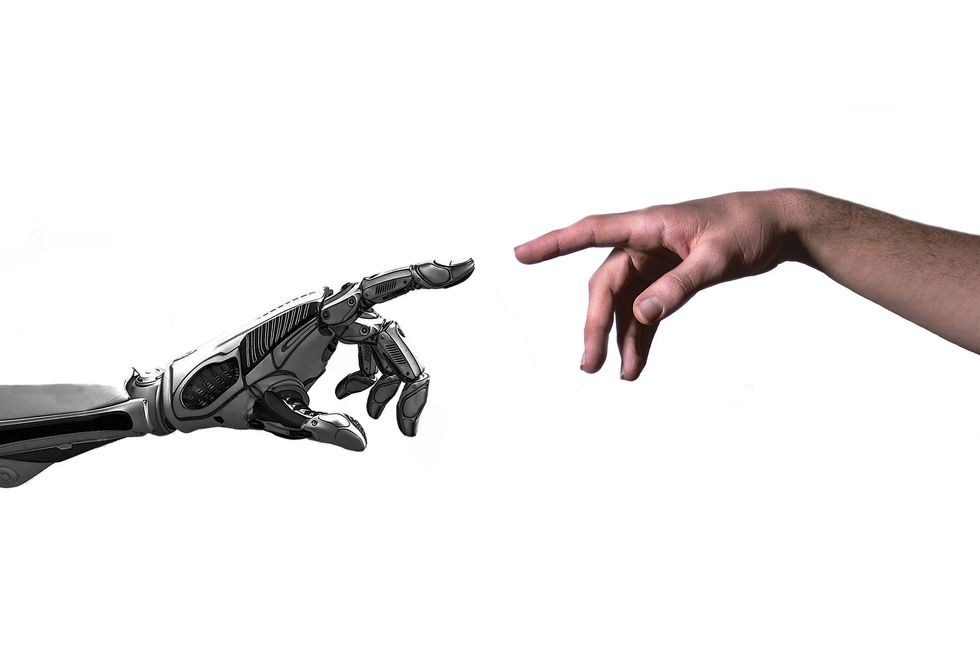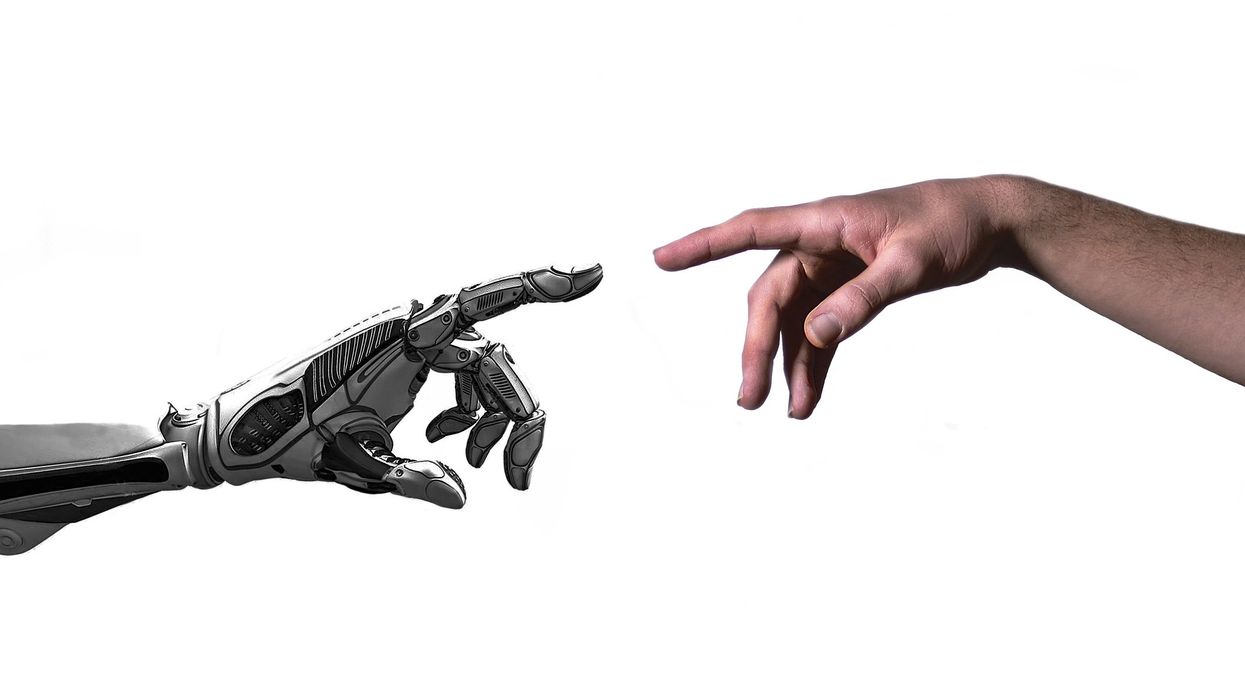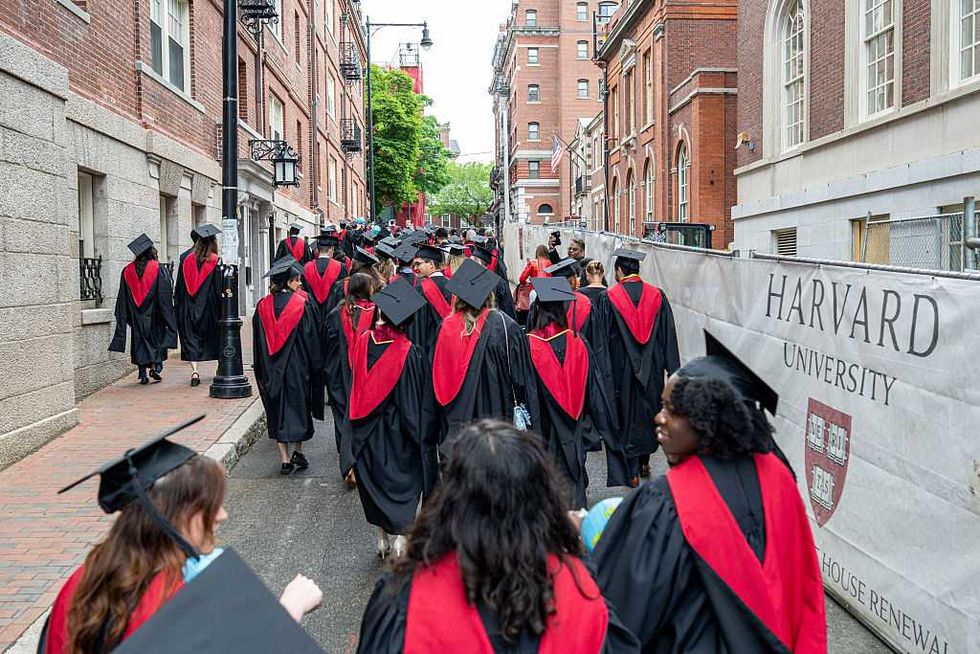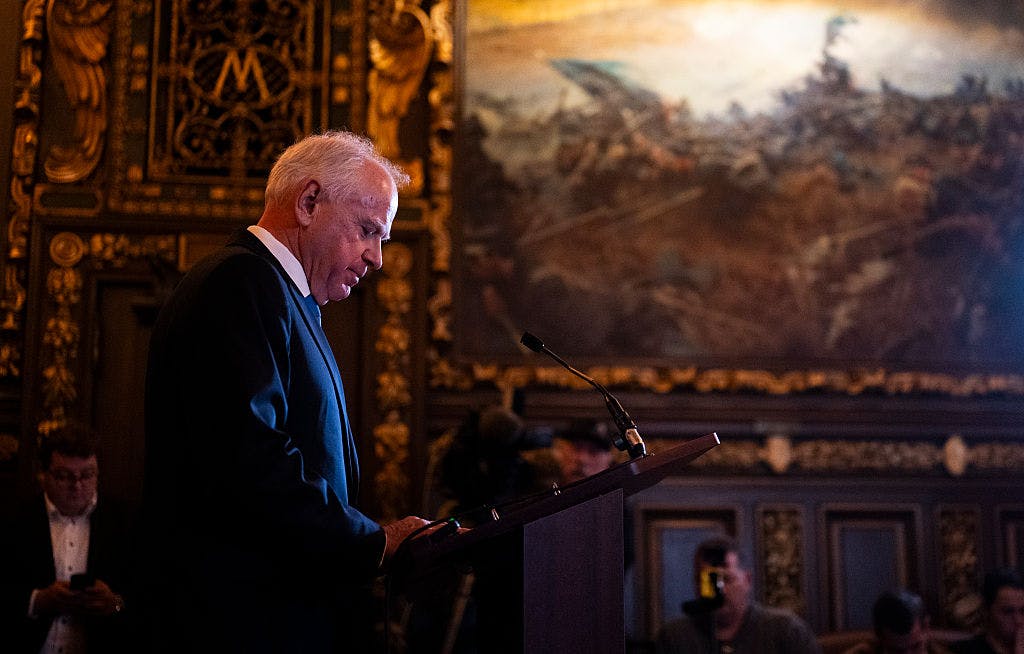Digital companionship masks emptiness in a quiet, lonely world


Jill Smola is 75 years old. She’s a retiree from Orlando, Florida, and she spent her life caring for the elderly. She played games, assembled puzzles, and offered company to those who otherwise would have sat alone.
Live Your Best Retirement
Fun • Funds • Fitness • Freedom
Now, she sits alone herself. Her husband has died. She has a lung condition. She can’t drive. She can’t leave her home. Weeks can pass without human interaction.
Loneliness is an epidemic. And AI will not fix it. It will only dull the edges and make a diminished life tolerable.
But CBS News reports that she has a new companion. And she likes this companion more than her own daughter.
The companion? Artificial intelligence.
She spends five hours a day talking to her AI friend. They play games, do trivia, and just talk. She says she even prefers it to real people.
My first thought was simple: Stop this. We are losing our humanity.
But as I sat with the story, I realized something uncomfortable. Maybe we’ve already lost some of our humanity — not to AI, but to ourselves.
Outsourcing presence
How often do we know the right thing to do yet fail to act? We know we should visit the lonely. We know we should sit with someone in pain. We know what Jesus would do: Notice the forgotten, touch the untouchable, offer time and attention without outsourcing compassion.
Yet how often do we just … talk about it? On the radio, online, in lectures, in posts. We pontificate, and then we retreat.
I asked myself: What am I actually doing to close the distance between knowing and doing?
Human connection is messy. It’s inconvenient. It takes patience, humility, and endurance. AI doesn’t challenge you. It doesn’t interrupt your day. It doesn’t ask anything of you. Real people do. Real people make us confront our pride, our discomfort, our loneliness.
We’ve built an economy of convenience. We can have groceries delivered, movies streamed, answers instantly. But friendships — real relationships — are slow, inefficient, unpredictable. They happen in the blank spaces of life that we’ve been trained to ignore.
And now we’re replacing that inefficiency with machines.
AI provides comfort without challenge. It eliminates the risk of real intimacy. It’s an elegant coping mechanism for loneliness, but a poor substitute for life. If we’re not careful, the lonely won’t just be alone — they’ll be alone with an anesthetic, a shadow that never asks for anything, never interrupts, never makes them grow.
Reclaiming our humanity
We need to reclaim our humanity. Presence matters. Not theory. Not outrage. Action.
It starts small. Pull up a chair for someone who eats alone. Call a neighbor you haven’t spoken to in months. Visit a nursing home once a month — then once a week. Ask their names, hear their stories. Teach your children how to be present, to sit with someone in grief, without rushing to fix it.
Turn phones off at dinner. Make Sunday afternoons human time. Listen. Ask questions. Don’t post about it afterward. Make the act itself sacred.
Humility is central. We prefer machines because we can control them. Real people are inconvenient. They interrupt our narratives. They demand patience, forgiveness, and endurance. They make us confront ourselves.
A friend will challenge your self-image. A chatbot won’t.
RELATED: What fatherhood has taught me as my children move on
 Photo by Liv Bruce via Unsplash
Photo by Liv Bruce via Unsplash
Our homes are quieter. Our streets are emptier. Loneliness is an epidemic. And AI will not fix it. It will only dull the edges and make a diminished life tolerable.
Before we worry about how AI will reshape humanity, we must first practice humanity. It can start with 15 minutes a day of undivided attention, presence, and listening.
Change usually comes when pain finally wins. Let’s not wait for that. Let’s start now. Because real connection restores faster than any machine ever will.
Want more from Glenn Beck? Get Glenn's FREE email newsletter with his latest insights, top stories, show prep, and more delivered to your inbox.
Originally Published at Daily Wire, Daily Signal, or The Blaze
What's Your Reaction?
 Like
0
Like
0
 Dislike
0
Dislike
0
 Love
0
Love
0
 Funny
0
Funny
0
 Angry
0
Angry
0
 Sad
0
Sad
0
 Wow
0
Wow
0










































































